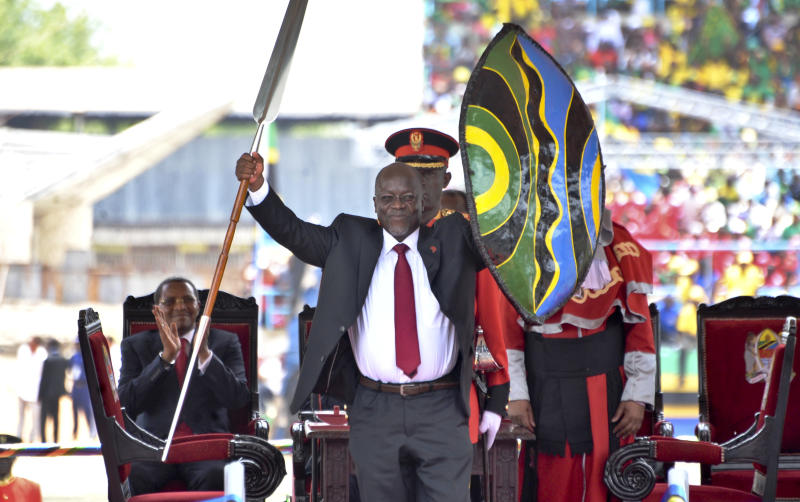×
The Standard e-Paper
Smart Minds Choose Us

John Pombe Magufuli (pictured) was a man of mystery and his death reinforced the mystery image. President of the Republic of Tanzania for five years, he was starting his second term when death came calling, paving way for his Vice President Samia Suluhu Hassan to become Tanzania’s first woman president. She was his running mate in 2015 and 2020 campaigns.